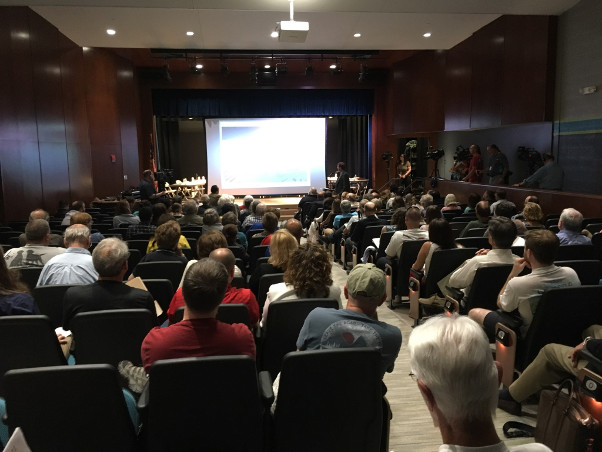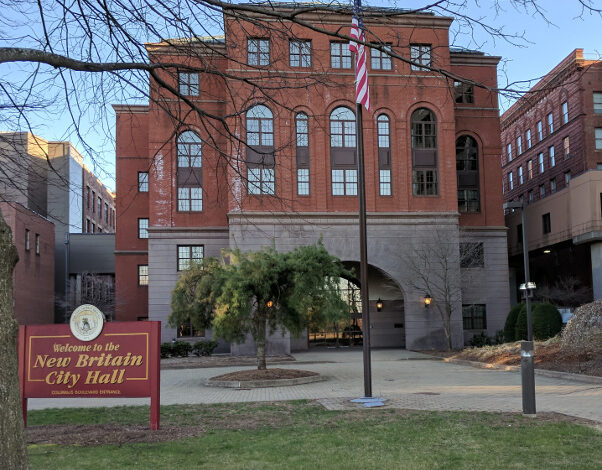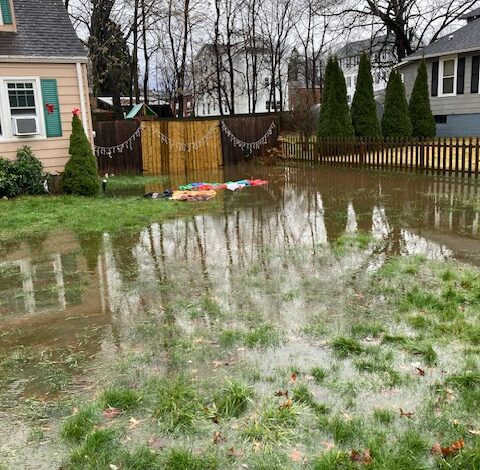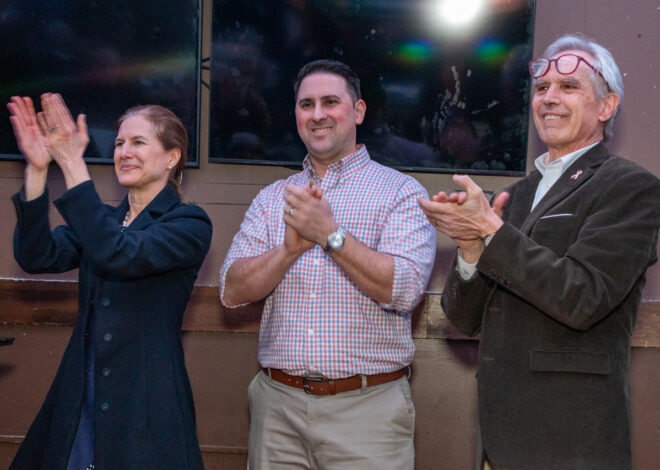A Council resolution would authorize the city to seek a refund from the engineering firm hired to produce a study that was done as part of Republican Mayor Erin Stewart’s plan to allow strip-mining on New Britain’s protected drinking watershed land.
A total of $354,500 is cited by the Council proposal as having been requested to be paid to Lenard Engineering for the study.
The resolution says that $337,000 was requested on June 22, 2016, “to conduct appropriate water supply and environmental studies, surveys, and field investigations regarding the Tilcon quarry expansion and for Lenard Engineering to supply the results of such study.”
The Council proposal goes on to say that, “on December 14, 2016, Resolution No. 33540-1, allowed for Lenard Engineering to conduct a Four Season Ecological Study of the Utilities Division’s Reservoirs and Properties for an additional $17,500.”
However, the proposed resolution says that, “State of Connecticut Water Planning Council as well as the Council on Environmental Quality found the report submitted by Lenard Engineering to be inadequate,” adding that, “the full Four Season Ecological Study was not completed and only a Two Season Study was concluded.”
The resolution authorizes Stewart to seek, “a refund by Lenard Engineering for all monies relating to the environmental studies required for the expansion of the Tilcon Quarry.”
Stewart would also the required, under the proposal, to report back to the Council, “in regards to the progress of the refund request.”
The proposal, by the Council Majority Leader, Ald. Carlo Carlozzi, Jr. (D-5), is on the agenda of the September 26, 2018 City Council meeting.
Study on watershed mining plan
The city had hired Lenard Engineering, Inc. (LEI) to provide what it purported to be an independent evaluation of the water quality and environmental impact of the mining plans.
But, local attorney and advocate, Paul E. Zagorsky, wrote in a letter to the editor published in the New Britain Herald,
The lead study consultant for LEI who has done work for the city since the 1990s, in communications with Tilcon’s president stated he’s looking forward to “working with you on this project,” and to “getting this fast-paced project underway.” That the kickoff meeting to “discuss the quarry project” (LEI’s words) was hosted by Tilcon’s president and four senior Tilcon personnel, with the study sub-contractors, Mayor Erin Stewart, Gil Bligh of the Water Department, and Tilcon lobbyists and public relations people in attendance is a concern.
The study done by Lenard on behalf of the city presented underpinning of a case Stewart had put forward for mining of drinking watershed land as a way to create a new “storage reservoir” for the city.
Public opposition and official rebuke
The watershed mining plan has faced significant public opposition. The plan was met with huge opposition at the public hearing held on June 26, 2018 in front of the City Council and the Board of Water Commissioners.

In August, the Water Planning Council (WPC) and the Council on Environmental Quality (CEQ) slammed Stewart’s watershed mining plan.
The two state commissions concluded that, “that the need for the proposed new reservoir has not been substantiated and based upon their separate reviews both the WPC and the CEQ find that the proposal’s risks to the current public water system and the environment are significant. Thus, both the WPC and CEQ are opposed to the City of New Britain’s proposal for the proposed quarry expansion and future water storage reservoir.”
Stewart withdrew her watershed mining proposal just two days before final approval of the recommendations by the two state commissions containing a highly critical rebuke of her proposal.
When Stewart announced that she was withdrawing her proposal, the Council President, Ald. Eva Magnuszewski (D-AL), said , “I hope the City is refunded the $354,000.00 that was spent on this study!,” noting that the money could have been used for public services in New Britain.
Magnuszewski had added that, “Tilcon should have paid for the study not the city!”




